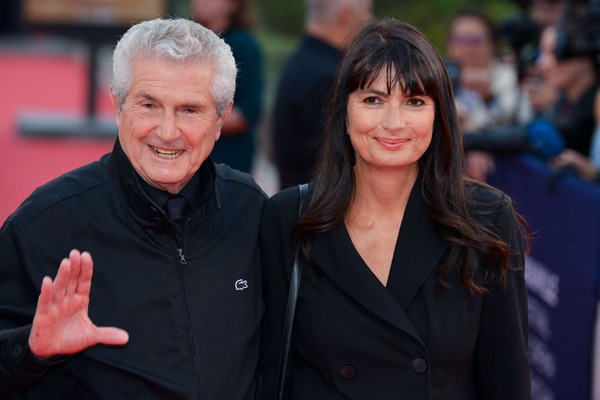

Taupin also goes on to describe the flashy wardrobe of "Bennie," the leader of the band: She's got electric boots, a mohair suit You know I read it in a magazine Ohh. The greed and glitz of the early '70s music scene is portrayed by Taupin's words: We'll kill the fatted calf tonight, so stick around, you're gonna hear electric music, solid walls of sound. In interviews, Taupin has said that the song's lyrics are a satire on the music industry of the 1970s. The song tells of "Bennie and the Jets", a fictional band of whom the song's narrator is a fan.

(It can be seen on various Laserdisc releases of the show.) He's also been known to end the song in a wide range of styles, including classical, swing, boogie-woogie and even using the signature five-note phrase from John Williams' score for Close Encounters of the Third Kind. Live, the piano solo in the middle of the song has been played in all sorts of variations, from very close to the original to wildly improvised and extended versions, such as the elaborate version during a Central Park concert in 1980 and another memorable take on it during the "Elton and his band" part of the show recorded for what would become "Live in Australia" in December 1986. John rarely plays the song verbatim to the studio version, and often makes subtle or even drastic changes.
#FREDDY SPAGHETTI BENNY AND THE JETS PLUS#
He added reverb effects, applause and other audience sounds from John's previous concerts and a loop from the Jimi Hendrix live album Isle of Wight, plus whistles, giving it the "live concert recording" feel that has since become a sort of trademark. We just sat back and said, 'This is really odd.'" While mixing the album, Dudgeon came up with the idea of creating a "live from Playhouse Theatre" sound for the track. In the Eagle Vision documentary on the making of "Goodbye Yellow Brick Road," John himself recalled, "I fought tooth and nail against 'Bennie' coming out as a single." According to guitarist Davey Johnstone, "'Bennie and the Jets' was one of the oddest songs we ever recorded. Produced by Gus Dudgeon, the song was recorded during the "Goodbye Yellow Brick Road" sessions in France at Château d'Hérouville's Strawberry Studios, where John and Taupin had recorded their previous two albums, Honky Chateau and Don't Shoot Me I'm Only the Piano Player.Īfter recording the song in the studio, John and the band worried that it was too plain and unoriginal. The acceptance of "Bennie" on R&B radio helped land John, a huge soul music fan, a guest appearance on the, edition of Soul Train, during which he played "Bennie and the Jets" and "Philadelphia Freedom." In Canada, it held the #1 spot on the RPM national singles charts for two weeks (13–20 April), becoming his first number one single of 1974 and his fourth overall. "Bennie and the Jets" was also John's first Top 40 hit on what at the time was called the Billboard Hot Soul Singles chart, where it peaked at number 15, the highest position out of the three of his singles which reached that chart. for the same shipment of 1 million copies and had sold 2.8 million copies by August 1976.

In the U.S., it was certified Gold on 8 April 1974 and Platinum on 13 September 1975 by the RIAA. This attention caused other American and Canadian Top 40 stations to add it to their playlists as well and as a result, the song peaked at number one on the US singles charts in 1974. Radio station CKLWin Windsor, Ontario began heavy airplay of the song and it became the number one song in Detroit. "Bennie and the Jets" was featured on side one of the Goodbye Yellow Brick Road album, and Elton John was set against releasing it as a single, believing it would fail.


 0 kommentar(er)
0 kommentar(er)
